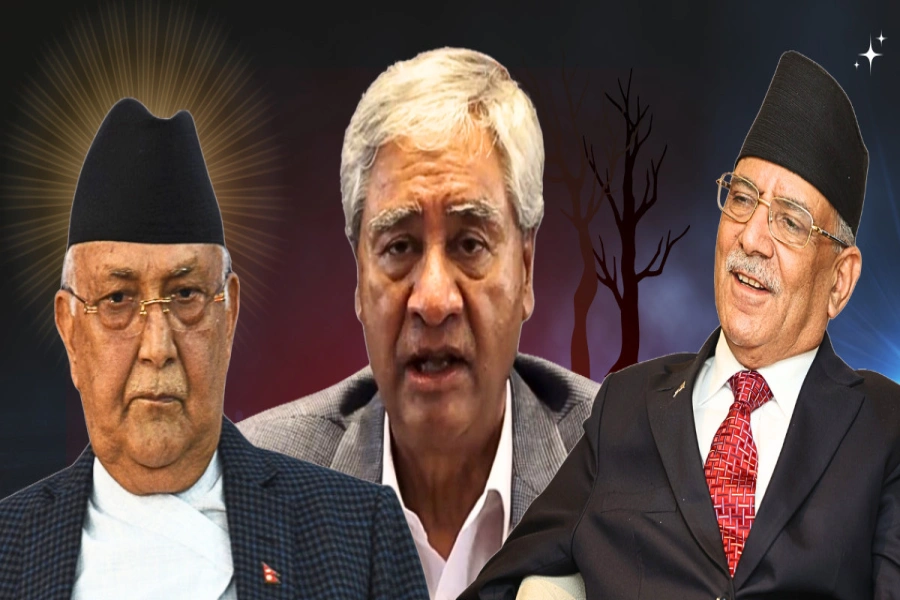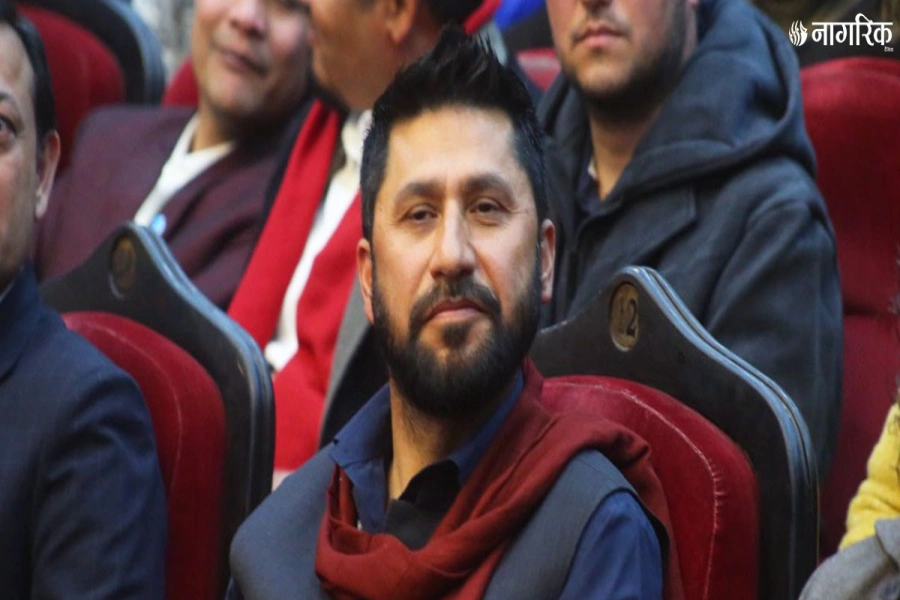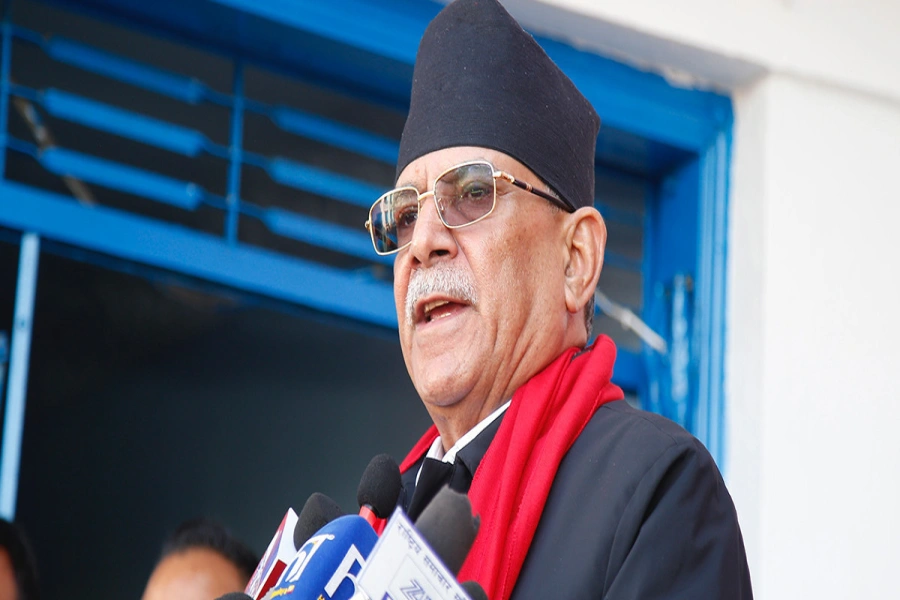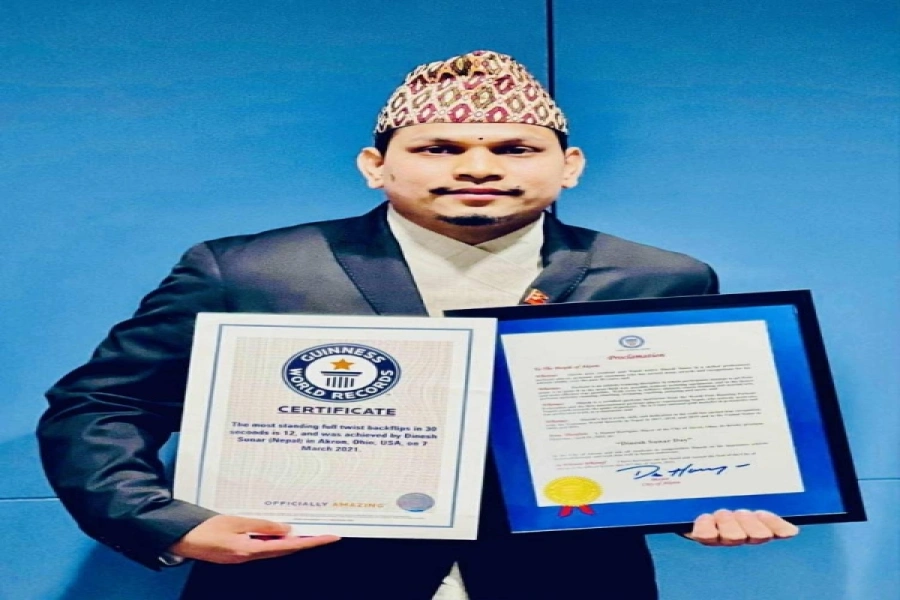– Gender Trouble,
Judith Butler
I’ve always liked books that challenge preexisting ideas. This book challenges the stereotypical notions of femininity, masculinity and the performance of an individual according to socially defined gender roles. Butler, in this groundbreaking work, says that gender isn’t natural. It’s constructed by repeating the same things. When a powerful authority repeatedly injects certain ideas and concepts into the common people’s minds, it becomes the truth, the knowledge, the norm. This is an example of how repressive power can be.[break]
This is the book where she talks about her famous “performative theory of gender.” To substantiate her hypothesis, she gives the example of drag queens. She claims that gender identity is not a manifestation of intrinsic essence but rather an outcome of socially accepted mannerisms and behaviors; in short, performance. She even says that the only difference between us and the actors on stage is that they are aware of the fact that they are performing while we are not.
Butler also talks about the issue of sexuality. We have all been socially and psychologically indoctrinated that heterosexuality is natural and all the other sexual forms are deviant. We always follow the mainstream norms. Our actions, speech, outfits, gestures and our whole personality contribute to strictly establishing our masculine or feminine identity.
It’s perfectly natural for a person to behave in a way that he or she thinks is right, may it be accepted by the society or not. But it’s not easy to go against socially established conventions. There are chances that you’ll be tagged insane and will be banished from the society.
Butler also discusses “cultural intelligibility.” It means that whatever is supposed to be ideal in one culture may not be so idyllic in another. She discusses a community in Bali where gender roles aren’t defined. This further supports the argument that a society, in any case, can function well and efficiently without a fixed set of gender-related norms.
Gender is indeed a “troublesome” topic. It’s been creating “trouble” for centuries. There have, after all, been famous drag queens like Rupaul who, despite being trapped in a male body, are doing extremely well in female roles. But in most cases, we tend to overlook our natural instinct and essence. We tend to follow the script called “norm” that society has patterned for us and dutifully perform in accordance with it.
About Thapa
Thapa is an independent scholar who is currently working on her PhD dissertation. She has chosen to pursue her research on “the post-armed conflict portrayal of gender in Nepali literature.” A wife, a mother and a reader, she believes that women should be crystal clear about what they like and what they don’t. Also, she isn’t very impressed with the act of “passive reading.” She believes that reading should be fruitful. It should occupy the reader’s mind for at least a couple of days. A reader should always be able to question what he or she reads. For that, she says, some philosophical insight is required. The knowledge of cultural context is mandatory as well.
A great fan of myths and classics, she admires Suparnakha for being so vocal and outspoken about her desires in a male-dominated society. She also redefines Sita as an ancient foundation for single motherhood.
“It’s all a matter of perception, you see,” she smiles. “How you perceive a certain thing creates a world of difference.”
Keshab Thoker
A critic and a writer, her works have been published in different national and international journals. Thapa has also started a publication house by the name of Akshar Creations. It has already published five works. “Telling a Tale,” is a series where women from different walks of life have written about themselves. She remembers that the book’s concept had come across as a huge challenge initially. Many women weren’t very willing to speak and it took a lot of convincing on her part. She’s now planning to work on the second part of the same series. But is it always necessary for women to keep talking about themselves? Thapa believes that it’s necessary. “Of course, if women don’t talk about themselves, nobody else will,” she claims.
Power/Knowledge by Michel Foucault
This is a series of interviews about how power operates and reproduces. The agency of power teaches its ideologies at schools and universities which brings about a generation of followers. Power creates a dominant discourse that shapes knowledge. It’s usually the heterosexual elite males in power who create such discourse which ultimately turn into norms in their favor. In order to challenge those norms, Foucault says that readers have to go beyond the visible and read the silences.
Mahabharat by Vyas
I’m a great lover of epics. And this is one of the greatest in the world. I’m extremely intrigued by Gandhari’s “blindness” and the power associated with it which is interpreted as her loyalty to her blind husband Dhritarashtra. Similarly, Shrikhandi, who actually changed the course of history, is another interesting character. I often find it upsetting that Draupadi was silenced. But the most exciting part for me is when Arjun lives as a drag queen, Brahanala, while in guptabas, which is the time when he’s out of power.
Midnight’s Children by Salman Rushdie
I’m the kind of reader who is into complex reading. I don’t like to finish the book immediately. I like layers and layers of plots and stories. A book should make you feel incomplete the moment you put it down. This is a complicated story in three parts, full of historical symbols and mythical characters. It’s basically a narrative of a Kashmir-based guy who talks about his grandfather. This book also has its fair share of magic realism which is captivating.
Urgenko Ghoda by Yug Pathak
This is another complex book. It revolves around a female character called Mehendu. This book is written against the backdrop of the Maoist insurgency period. It’s about the search for an identity and the quest for a federal state. Mehendu is a mother who loves and nurtures. But she’s also a guerrilla who rebels and kills. Most importantly, she’s not condemned for performing a “masculine” role. This is also about the burden that men have to bear under patriarchy about being the savior. I like the idea of women fighting their own battles and protecting themselves.
Ghanchakkar by Sanjeev Upreti
The hero of this book is mentally unfit. And when a mentally challenged human being tells a story, it’s not supposed to be coherent. This book deals with madness. It talks about a person’s madness and a nation’s madness. It’s like a madman’s odyssey through conventional power centers, like universities. This is a peep into the world of the “insane.” It’s about a country’s “khoj” (search) for “naya” (new).
As told to Nitya Pande
Truth and universe





































